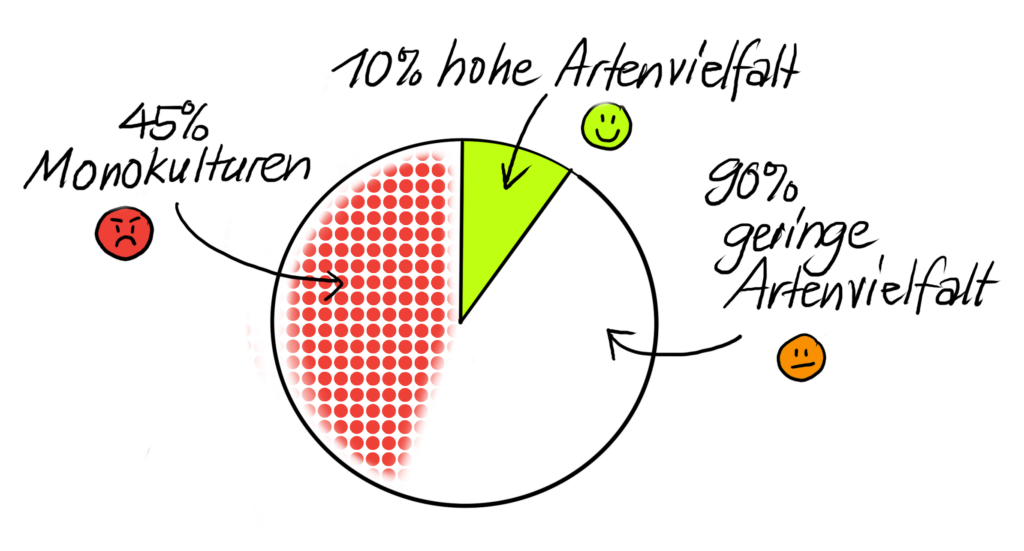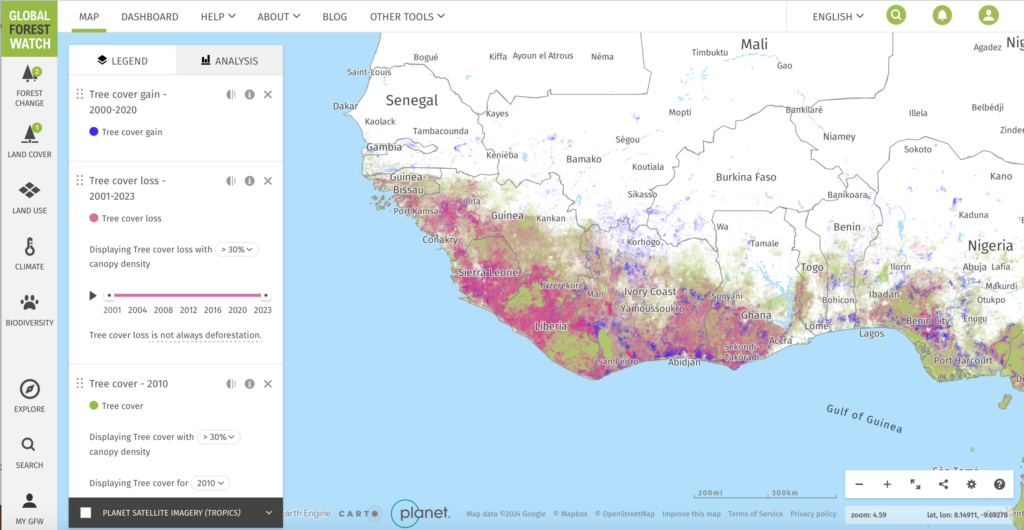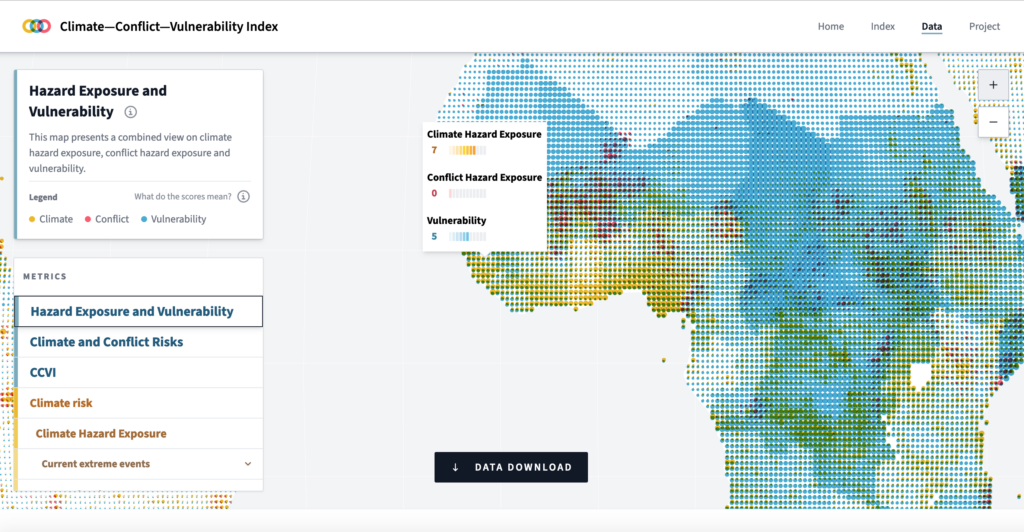Protecting Biodiversity
Protecting Biodiversity
The protection and regeneration of the greatest possible biodiversity in forests is the core objective of our work in Sierra Leone. The loss of biodiversity threatens the earth’s ecosystem even more than the increase in greenhouse gases. Climate change is, of course, one of the main drivers of the extinction of species.
The primary forests of West Africa are a huge gene pool of biodiversity, many times larger than any forest in Central Europe. This includes not only the incredibly large number of different tree species, but also countless other plants and, of course, a large number of wild animals – from insects to birds and reptiles to mammals. If the forest dies, the humans die too.
Reforestation Worldwide: Only 10% with High Biodiversity

We are planting new primary forests with high biodiversity and are therefore unfortunately in the minority. In 90% of all reforestation projects worldwide, only a few different tree species are planted (“low biodiversity”), 45% of the projects even consist of monocultures, green deserts that are the end of all biodiversity. Our aim is to restore the original rainforest. Of the more than 50 different tree species that exist there, we currently grow over 30 varieties in our forest tree nurseries.
A forest rich in biodiversity is not an end to itself. It is a healthy forest and offers many advantages such as increased soil fertility and water retention. A forest with low diversity does not offer these advantages. The latter is also much more susceptible to pests and therefore less robust and sustainable – and it even harms surrounding farmers. In addition, only a high diversity forest provides sufficient food for the diverse animal world, from the vital small pollinators to the large predators.
The regeneration of West Africa’s immense biodiversity is a complex matter. And it is cost-intensive. Projects that promise their investors returns of up to 10% shy away from this effort because it is not lucrative. The result is unsatisfactory or even disastrous in the case of monocultures. A market-based approach has not worked since decades. greenlimba gGmbH therefore finances its projects, which are implemented by the non-profit greenlimba Foundation Sierra Leone (GLFSL), exclusively through donations and grants.




